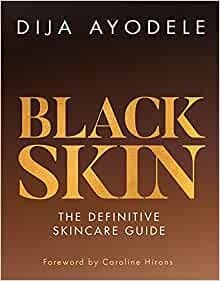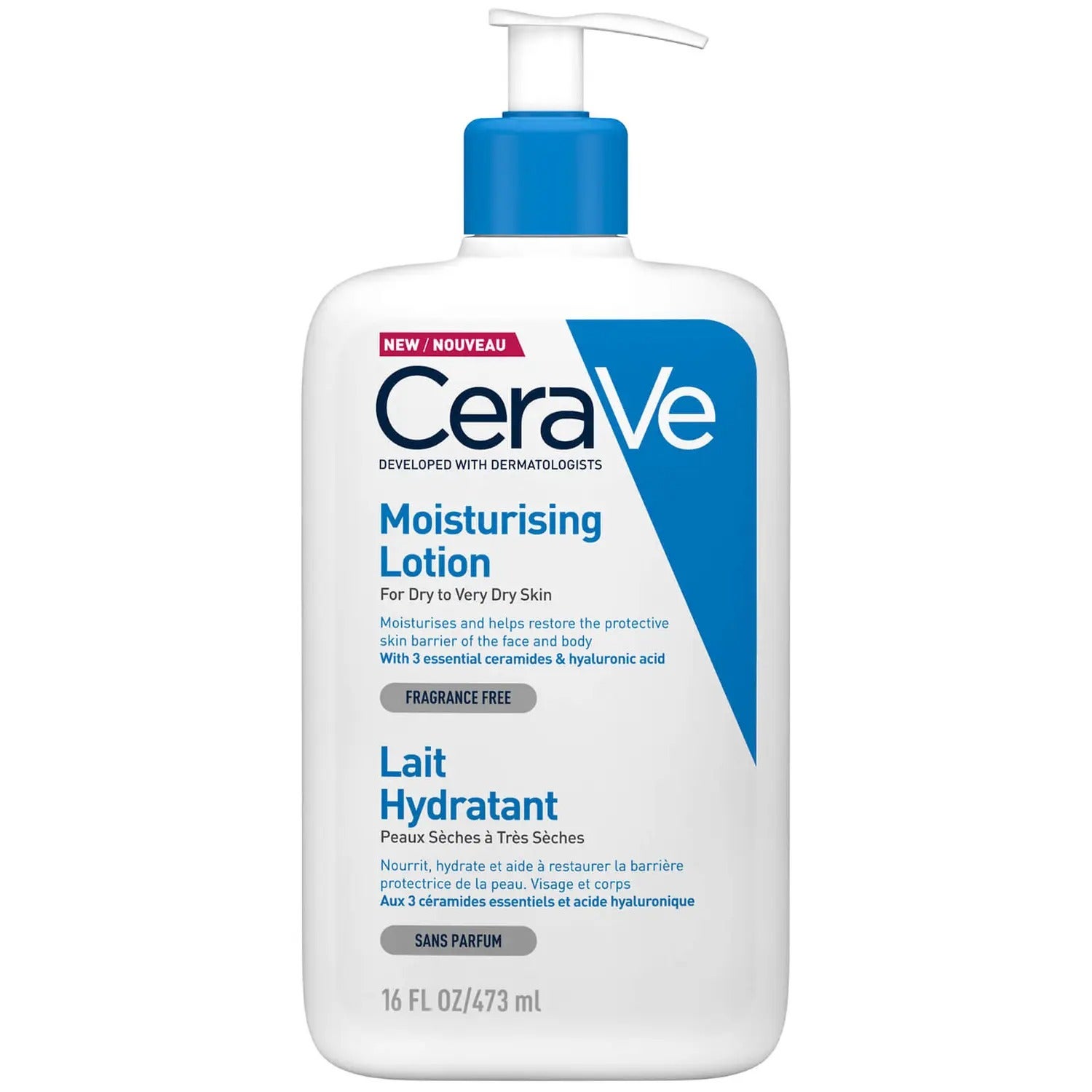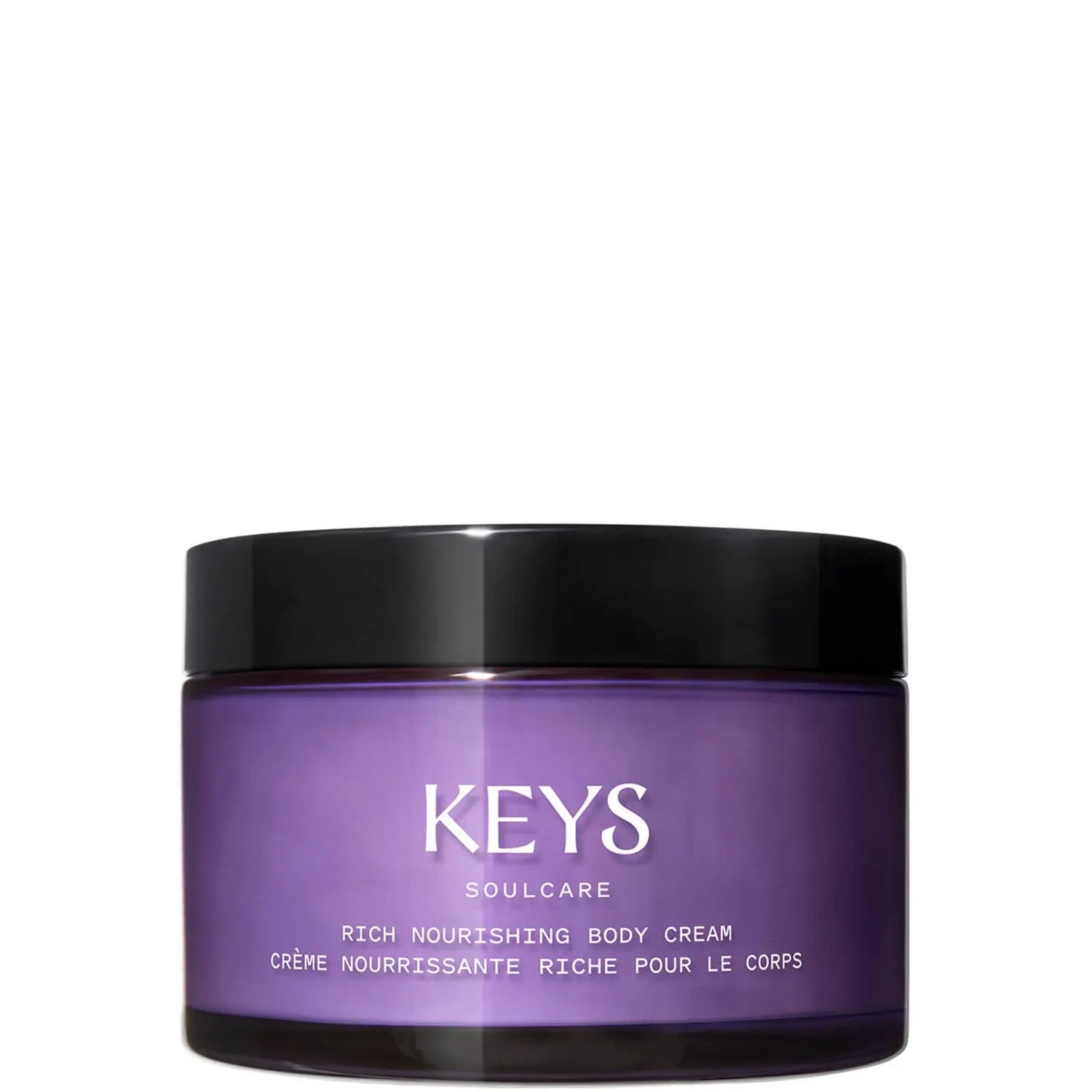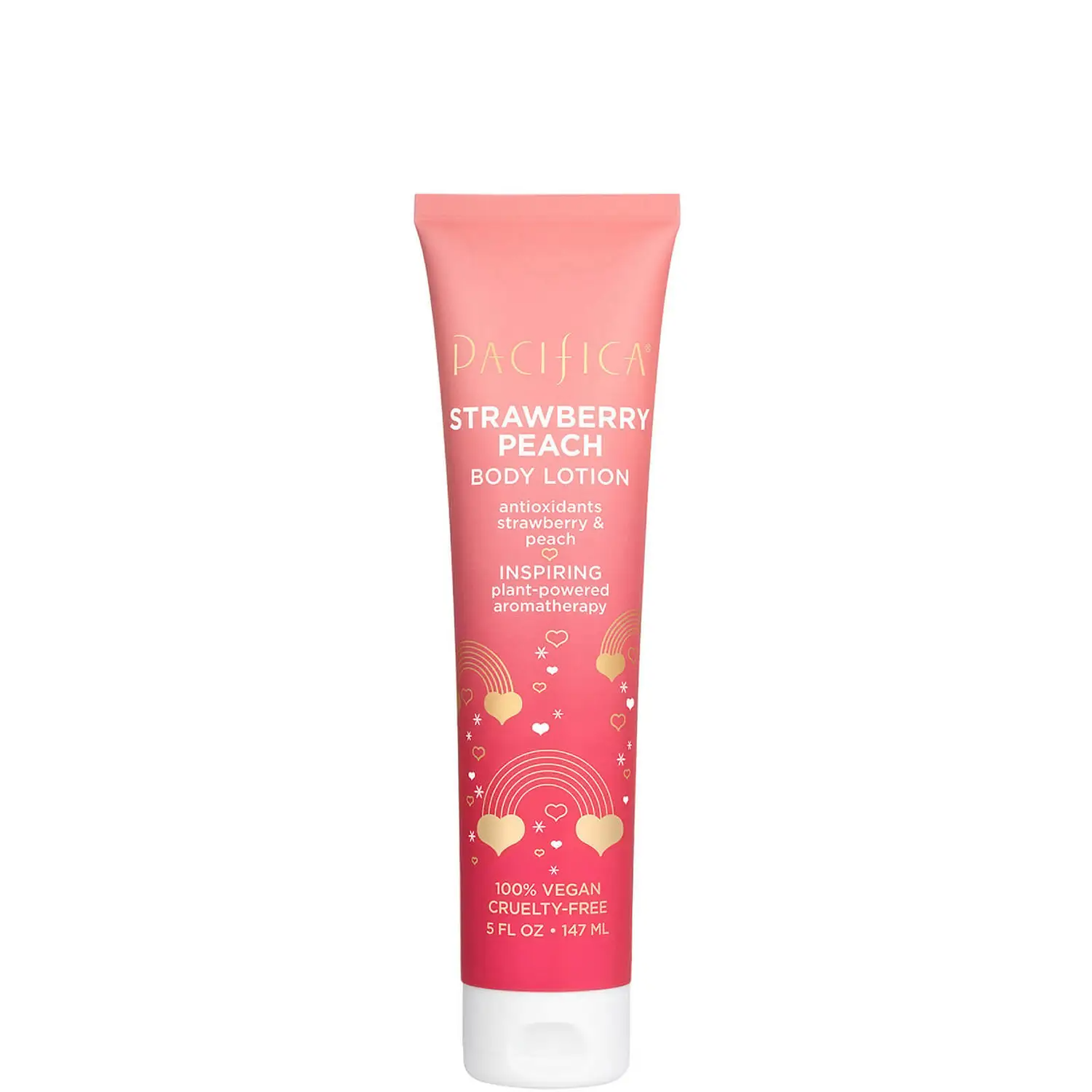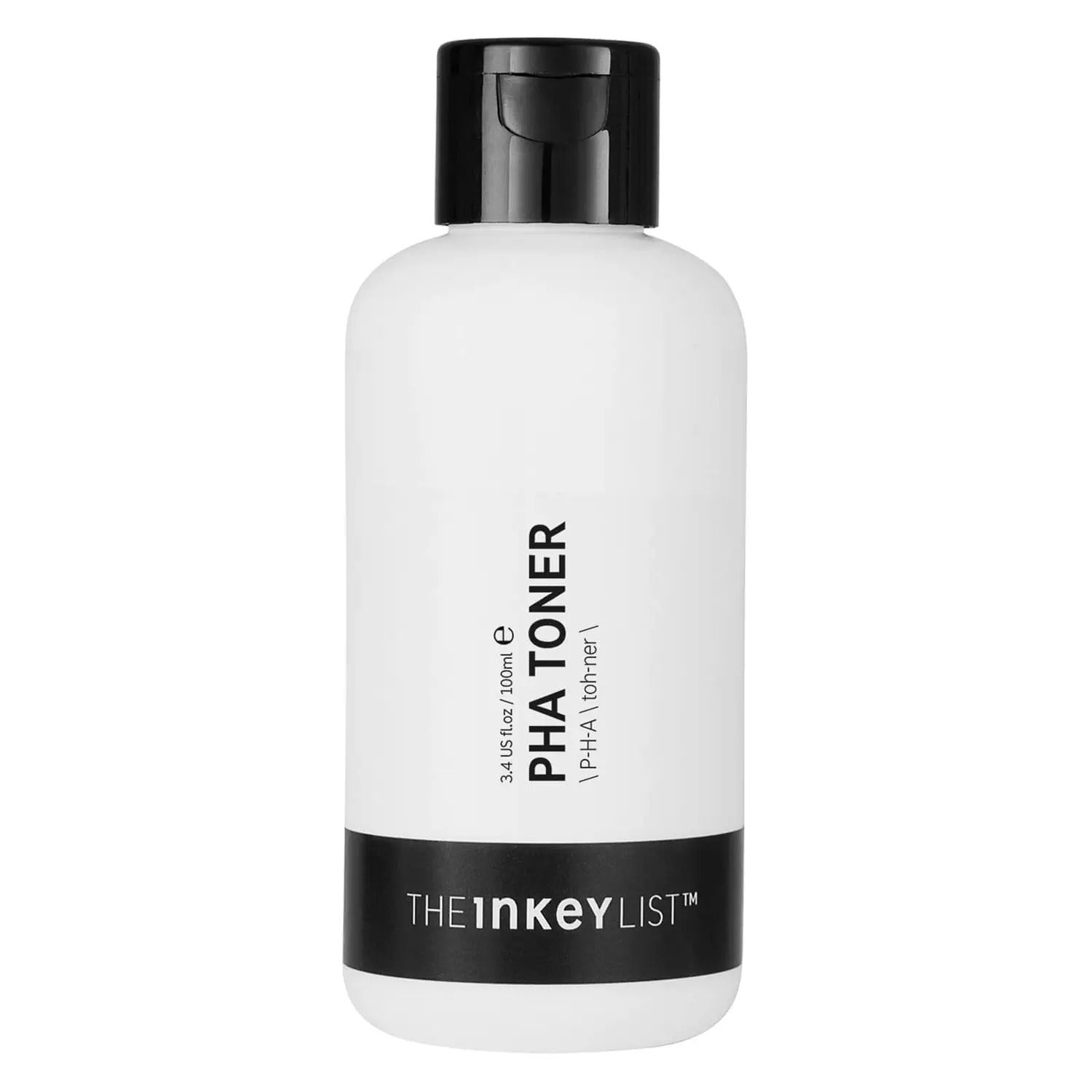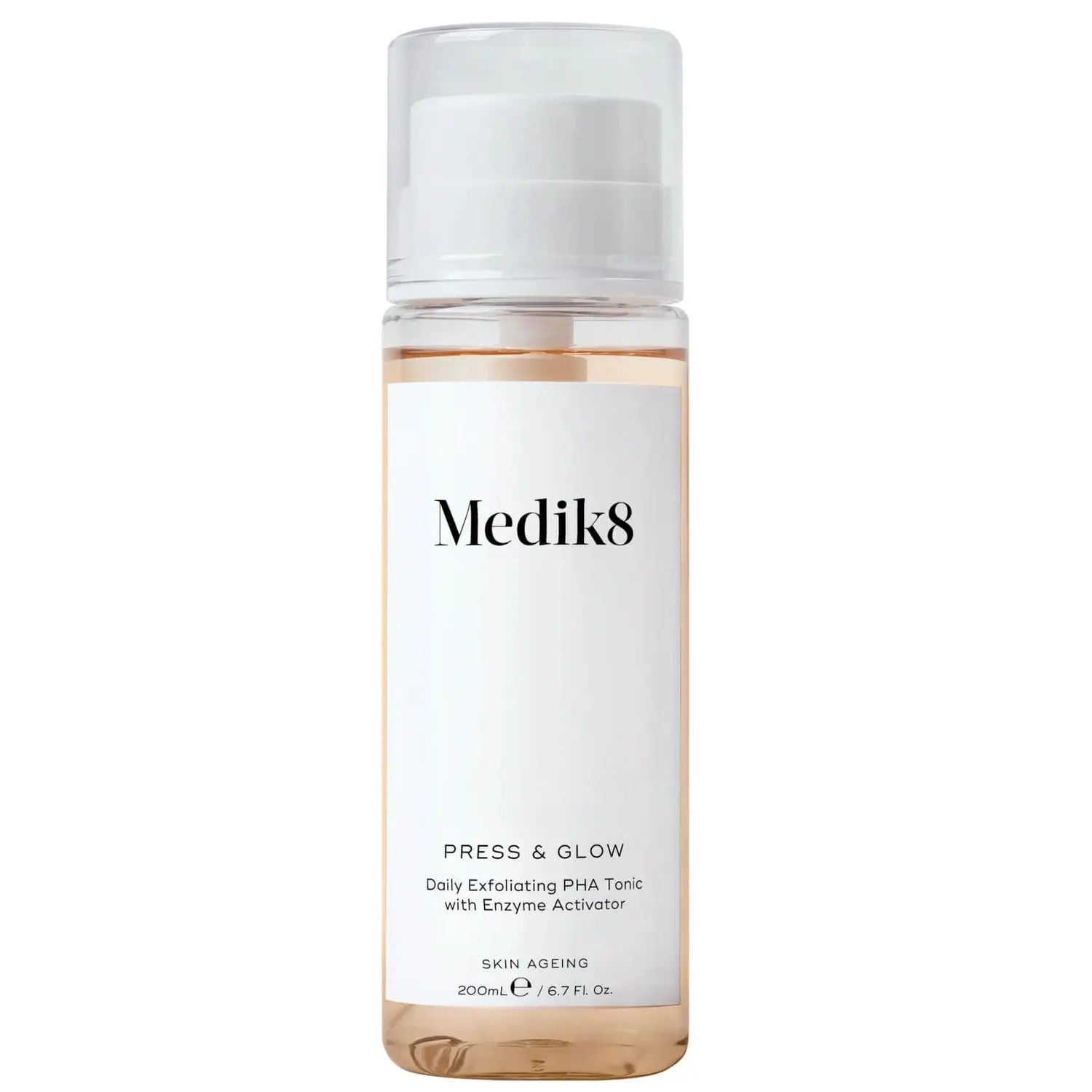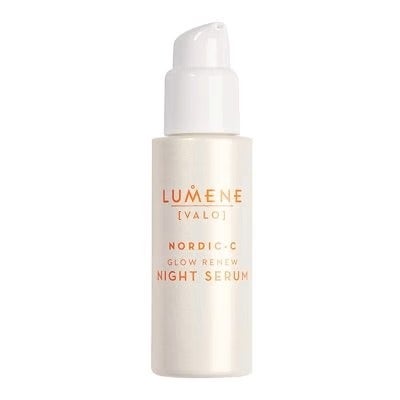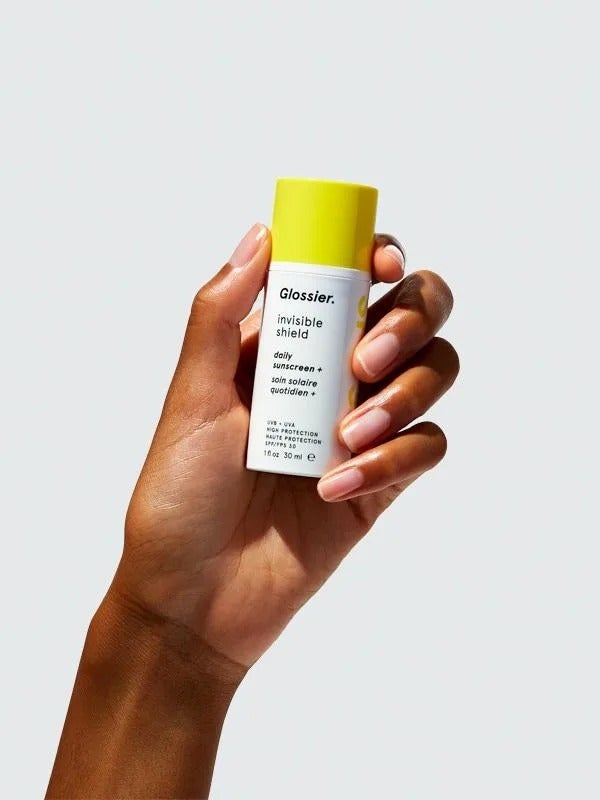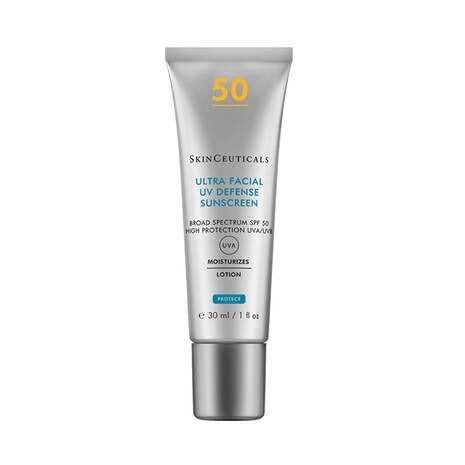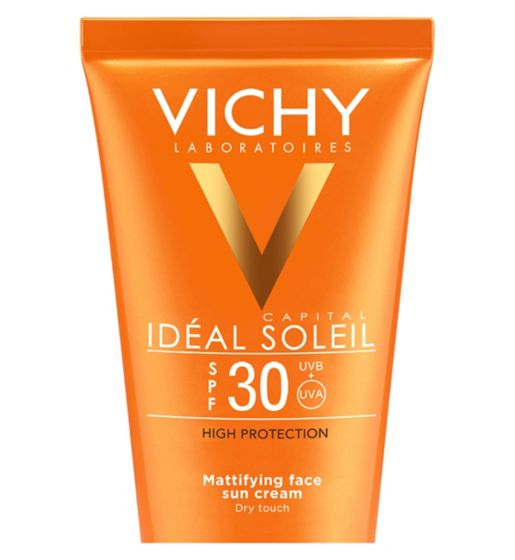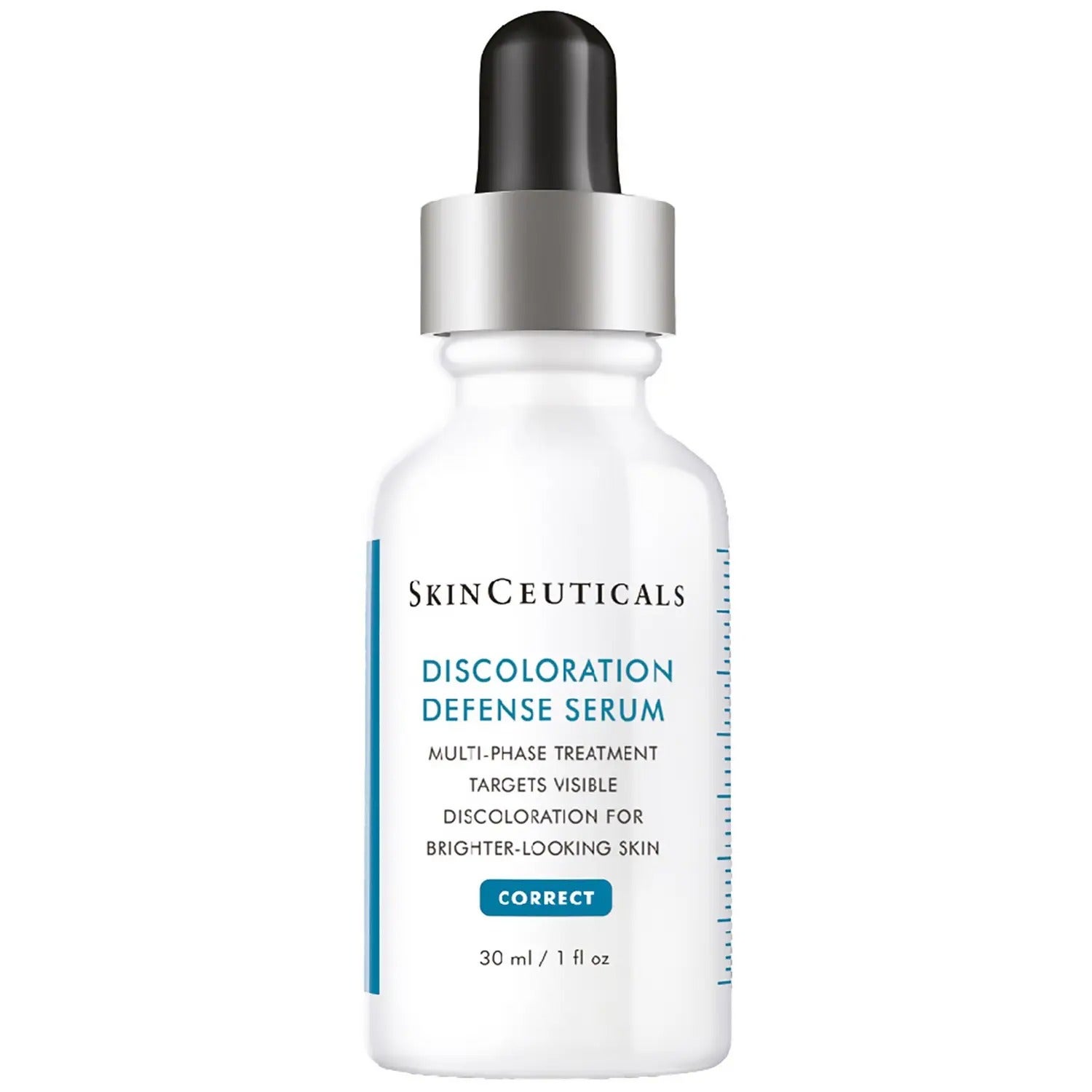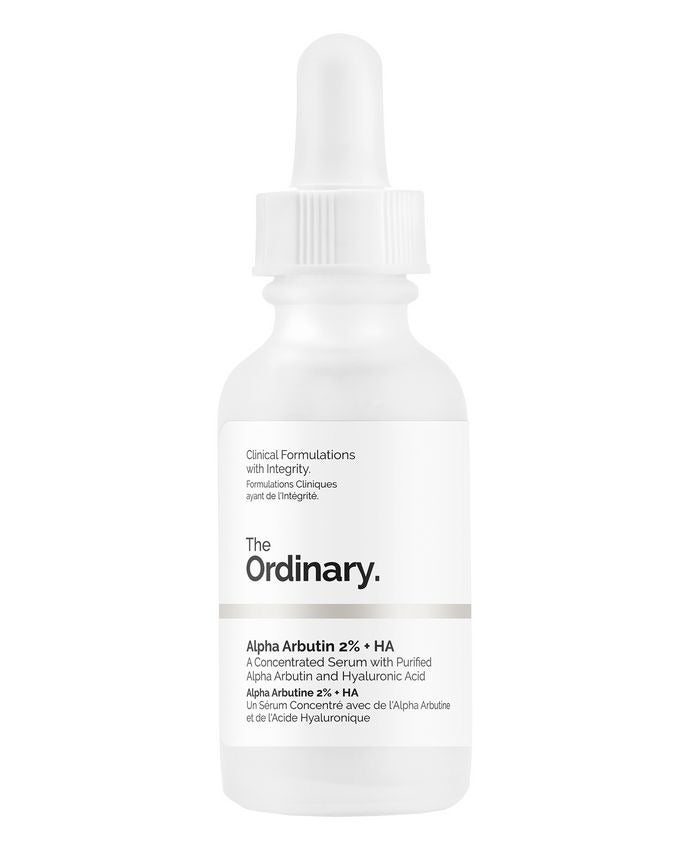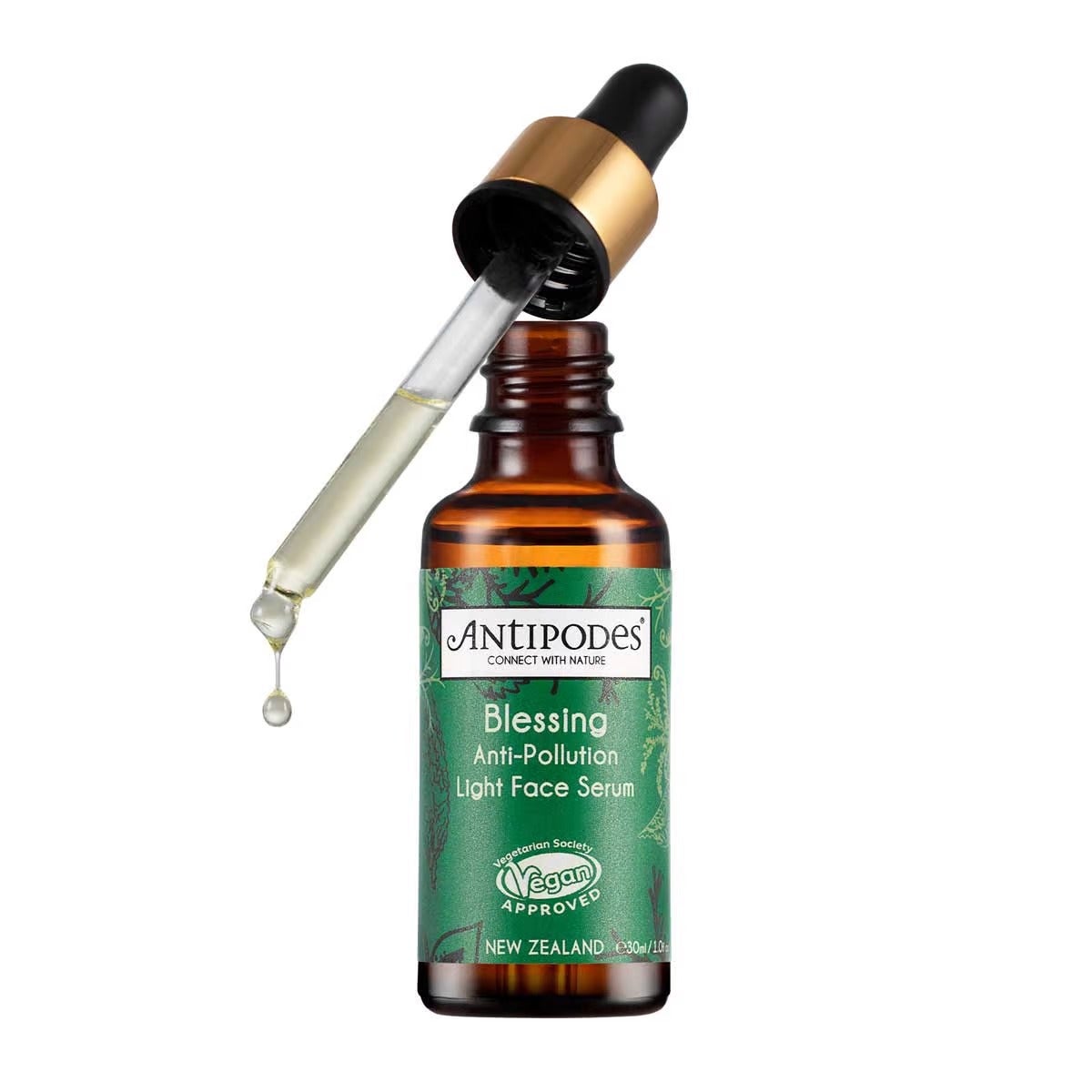Dija Ayodele is booked and busy. The advanced aesthetician, darker skin expert and founder of the Black Skin Directory and West Room Aesthetics is one of the most respected and sought-after pros in the beauty industry. From common gripes like hyperpigmentation to how to build a simple skincare routine, what Dija doesn't know about Black skin isn't really worth knowing. It makes perfect sense, then, that she would be snapped up by publisher Harper Collins to divulge all her expert knowledge in an exciting skincare book.
AdvertisementADVERTISEMENT
In Black Skin: The Definitive Skincare Guide, which launches on 25th November, you'll learn all about the best ingredients for dark skin (across all budgets, of course) and why Black women tend to experience more issues like dryness and uneven skin tone (plus how to combat them). Dija's debut tome also busts some persistent skincare myths (yes, those with darker skin do need to wear sunscreen daily).
"My book is basically like having a consultation with me," Dija tells R29. "I make sure that when women leave my clinic, they are empowered with the information they need to look after their skin, whether or not I'm with them." Dija says she is used to Black clients having lots of anxiety around their skincare. "Not just around which products to use," she says, "but also who to go to, including the background of their practitioner and whether they are really going to understand them and the ethnic make-up of their skin." Black women in particular have to do emotional legwork that clientele from other backgrounds don't have to do, explains Dija. "This book relieves some of that anxiety and answers some of the big questions: as a Black woman, can I have laser? Can I have chemical peels? It also educates and teaches people about why Black skin is Black."
Sure, the internet is a font of knowledge when it comes to Black skincare but Dija says it can be a double-edged sword. "It's great that we have access to so much information but at the same time the volume of it is very confusing. The internet can be a Wild West so Black Skin puts everything in one place and gives you a good starting point. It's difficult to fit all the nuances of skin into an Instagram infographic or how many characters Twitter gives you."
AdvertisementADVERTISEMENT
Black Skin goes deeper than tips and advice, too, delving into the history of Black beauty and the uniqueness of Black skin, among the roots of Black identity. "It's a very historical book and covers the relationship between Black skin and the beauty industry over the last 400 years," says Dija. "Black women were once on the fringes of the beauty conversation. Now, we're at a point where Black women are part of conversations, and the nuances of skin are being explored further."
Ahead of Black Skin's launch, Dija shares five invaluable skin tips that all Black women should be armed with for their best skin ever.
Make sure you're moisturising correctly
"A lot of us grew up using shea butter, coconut oil or some sort of oil-based product to moisturise our skin. Oils stop us from looking ashy so a lot of people reach straight for them. But oil doesn't actually moisturise your skin. When your skin is dry — and Black skin is clinically proven to be more dry because we hold less ceramides in the upper layer of our skin — you need hydration. That's water not oil. Even if it's just a basic moisturiser, as long as 'aqua' is the first ingredient, that's great." Dija also suggests looking out for hydrating ingredients like hyaluronic acid and glycerin. "If you do want to wear a face or body oil, make sure you have moisturised first with a water-based moisturiser," adds Dija. "Otherwise, what you're doing is putting an oil seal over dry skin, so integrally, your skin still stays dry."
AdvertisementADVERTISEMENT
Understanding your skin type is the key to a better complexion
"In the book, there's a fun, six-step questionnaire to help you determine your skin type," says Dija. "Understanding this is one of the first cornerstones for me. For a lot of Black women (especially when hyperpigmentation is the number one concern), they will focus on the outward symptoms without first understanding their skin type and what is causing it. If you have an oily skin type that is prone to breakouts, you need to understand and treat that first before you can tackle the hyperpigmentation."
There are a handful of markers, says Dija. "I tend to look at how visible your pores are, how quickly you get oily throughout the day, your propensity to break out and even how makeup sits on your skin. Does it look patchy very quickly? This indicates a more dry skin type. I always caveat this, though. It is possible to be a couple of different skin types, for example combination/oily or combination/dry. This can happen at different points in the month, such as around your period, and throughout life. I don't like people getting fixated on their skin type, as skin moves on all the time."
Ingredients like glycolic acid are fine to use
"There are lots of ingredient myths," says Dija. "When I hear that Black people can't use glycolic acid, it's a whole load of tosh. Unfortunately, problems that arise around ingredients are usually down to user error — not the ingredient itself. I've seen lots of people using ingredients like glycolic acid incorrectly and thinking the ingredient is bad for Black skin." Dija says that if you have sensitised skin — Black or white — and you use glycolic acid, it is going to sting. "This is because you haven't looked at your skin condition and skin type, and judged whether that was going to be good for you." Try using glycolic acid once or twice a week in the evening (before moisturiser) until your skin builds up tolerance, and always wear SPF during the day, as exfoliating acids make skin sensitive to sunlight.
AdvertisementADVERTISEMENT
Another solution to getting to know acids? Dija recommends regular, gentle exfoliation to remove the build-up of dull, old skin cells and clogged pores using polyhydroxy acids (PHAs). They aren't as fast-acting as a glycolic acid and are less likely to cause irritation.
Always wear sunscreen daily
"Hyperpigmentation or discolouration is the plus one that you didn't invite to the party — and they didn't even bring a drink! SPF is a must for preventing this, especially if a concern is hyperpigmentation," says Dija. She suggests choosing a sunscreen with a minimum of SPF 30 and making sure that the label reads 'broad spectrum' so that it shields against UVA and UVB rays. A daily slathering of sunscreen prevents damage to collagen (keeping sagging and fine lines at bay for longer).
Try a laser treatment — but get to know the facts
"There's a lot of heat involved in laser, and heat can cause burns," says Dija, "but the Nd:YAG laser is suitable for dark skin tones." If you're experiencing discolouration, she recommends laser in particular, saying it can even ease approximately 60% of it. If you're looking for a laser practitioner, Dija recommends asking around for positive experiences as word of mouth is invaluable. When you settle on a clinic, there are a few questions she suggests you should ask. "What laser do you use? What laser technology do you use? If they don't say Nd:YAG, then that's a red flag," says Dija.
"Other questions you should ask are: what is your percentage of Black clients? How many people have you used this laser on? What is the number of years of experience using this particular laser on your Black clients? What is the success rate? Do you have any before and afters? Do you have any client testimonials?" Dija explains that just because people have the laser device, it doesn't mean they are experienced when it comes to using it on Black skin. "If you ever feel embarrassed to ask these questions, the practitioner is not for you. Do not spend your money there," advises Dija. "It's your face. You can't buy another one in Selfridges. It's the only face you’ve got!"
AdvertisementADVERTISEMENT
This is the best route to clear, even skin
"I see so many women in clinic who want their skin to be all one colour," says Dija. "Meanwhile, they've got acne, eczema or other issues. First, we need to go one step back and treat those conditions. This will immediately start easing discolouration." Dija explains that women who have excess facial hair and are often plucking or shaving can experience a lot of discolouration, too. "Attacking your skin is going to produce more melanin and give you patchy skin," she says. The best thing is to put together an evening pigmentation skincare routine with serums.
You might gravitate towards vitamin C but Dija thinks there is lots of misinformation surrounding this ingredient and hyperpigmentation or discolouration. "Vitamin C is a great antioxidant and it [protects skin against the environment] amazingly well but tackling pigmentation is its secondary function. There are better ingredients out there." Dija suggests looking for a skincare serum which contains kojic acid, alpha arbutin or liquorice extract. "From a pigmentation point of view, they do a better job than vitamin C but I find a lot of Black women are missing that information because vitamin C is the easiest available ingredient on the market and it's easy to get confused by the names."
Released on 25th November, Black Skin: The Definitive Skincare Guide is available to pre-order at Dijaayodele.com as well as Waterstones, Amazon, Afrori Books and Bookshop.org.
